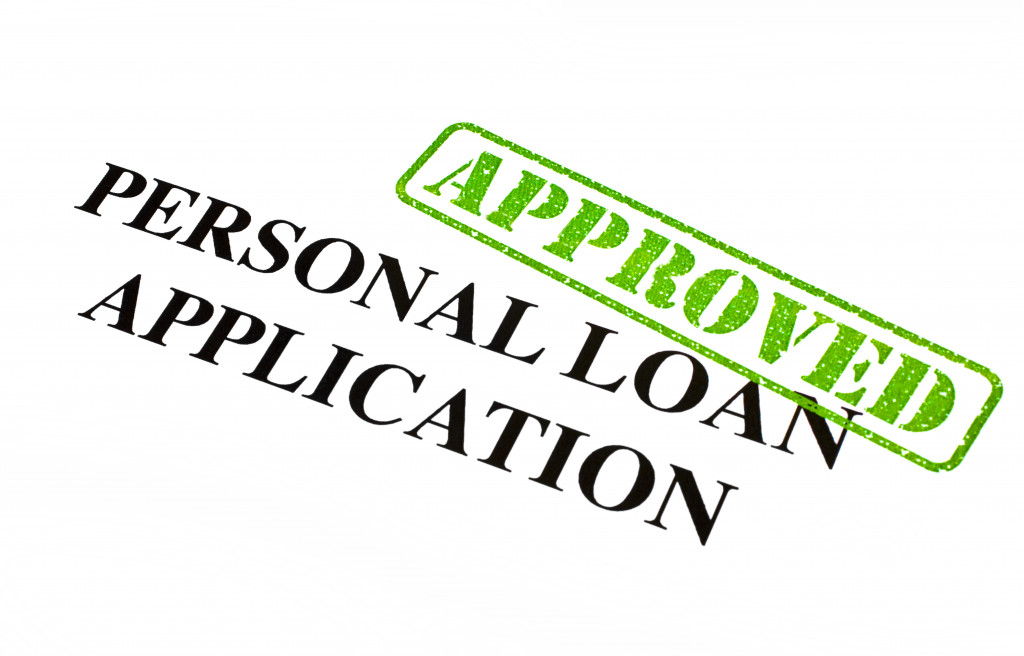Since the Coronavirus pandemic forced the economy to shut down early last year, many people worldwide have been gravely affected. Companies have had to layoff workers, leaving many workers without a job and applying for unemployment benefits. Student loan debts were already at a high before the pandemic, which only served to worsen it. Mortgage debt rates are also soaring.
Home equity loan
Having home equity proves to be an advantage, especially if the owner needs to pull out a loan. Home equity refers to the extent to which a person owns their property. If you took out a mortgage to pay for your home, you still own your home, but your lender has an interest in it. The more you’ve paid your mortgage, the more your equity grows, and your lender’s interest decreases.
With a home equity loan, homeowners can cash in on their equity, so the greater your equity, the better. Apart from paying down your mortgage, you can also increase home equity by increasing your home’s value. You can do this by making notable improvements to your property. The most popular methods include investing in smart, energy-efficient appliances and technology, updating and beautifying essential rooms such as kitchens and bathrooms, and boosting curb appeal.
A key advantage of home equity loans is that the interest rate is much lower than that of a personal loan. The downside is, of course, that the house serves as collateral. This means that if the borrower defaults, they may lose their home. Compared to non-conforming loans such as jumbo loans, a home equity loan is a much safer option for the lender.
Personal loan
This is an unsecured loan, meaning it doesn’t require collateral of any kind. This is what makes unsecured loans high risk for lenders but appealing to borrowers. Personal loans are best for purchases that you will pay for within a term of about 5 years. The maximum amount you can get for this kind of loan is $100,000. They have a higher interest rate than a home equity loan.
If you have good credit and financial profiles, you may qualify for a lower interest rate, which can help you save money. Lenders typically look at your debt-to-income ratio, monthly cash flow, credit history, and credit score. Since this kind of loan doesn’t require collateral from the borrower, lenders can be very particular when reviewing their borrowers’ financial profiles. Credit cards are a kind of personal unsecured loan. Just don’t go for credit card cash advances as they’re one of the most expensive ways to borrow money.

Personal loans allow borrowers more flexibility since they aren’t designated for specific purposes, such as student loans or small business loans, which are strictly meant for education and small businesses, respectively.
If you’re considering applying for a personal loan, you can use a personal loan calculator to help you determine what interest rates you’ll be able to manage.
Small business loan
Many people are starting small businesses as a form of self-employment during the pandemic. If you’re one of these people, then you’ve likely come across this term. Small business loans are available through the Small Business Administration (SBA). They are a type of secured loan, and the collateral required here is the business owner’s assets. Prospective borrowers need to make a good case for themselves because lending conditions are strict. Only about 20% of small business loan applicants are approved.
Discretion is highly advised before applying for a loan. Ask yourself whether your company needs a loan and how you pay it back if you were approved. The need for a loan could be diminished by making certain budget cuts. These could be better for your business than having to pay off the interest. If you’ve decided to apply for a loan anyway, be prepared with all the necessary documents for the application process.
Coronavirus hardship loans
Financial institutions all across the United States are offering these loans to help the millions of Americans struggling to stay afloat during this pandemic. These loans are meant to help you pay off smaller expenses such as a few months’ utility bills and rent. Some of these even come in the form of deferred payments to give you time to earn more cash for your payments. These are also more easily accessible so that you can get your funds almost immediately. To qualify, you may need to present proof of layoff or unemployment.
With millions of Americans struggling with their finances amid a global health crisis, it’s important to be informed on what forms of financial aid you can apply for. Not all loans are created equal, and some might suit you better than others, depending on what you need the loan for and how soon you’ll be able to pay it off. If you ever need to take out a loan, make sure to prepare the proper documents to help the transaction go more smoothly.

